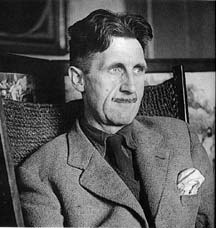Local Scientists Raise Concerns about Creation Museum
Statement of Concern
We, the undersigned scientists at universities and colleges in Kentucky, Ohio, and Indiana, are concerned about scientifically inaccurate materials at the Answers in Genesis museum. Students who accept this material as scientifically valid are unlikely to succeed in science courses at the college level. These students will need remedial instruction in the nature of science, as well as in the specific areas of science misrepresented by Answers in Genesis.
How to sign this statement
Click “List of signatories” (below) and scroll to the end of the list.
Post your name, title, institutional affiliation, and website. Submit only your name, institutional affiliation, and website, if you have one. No text, please.
Your email address is required to post the comment, but will not be shown publicly.
Your signature will be posted after it is validated.
Please sign only if you are a scientist (faculty or post-doctoral level) from IN, KY, or OH. Thanks!
List of signatories
Labels: charlatans, creationism, Science





